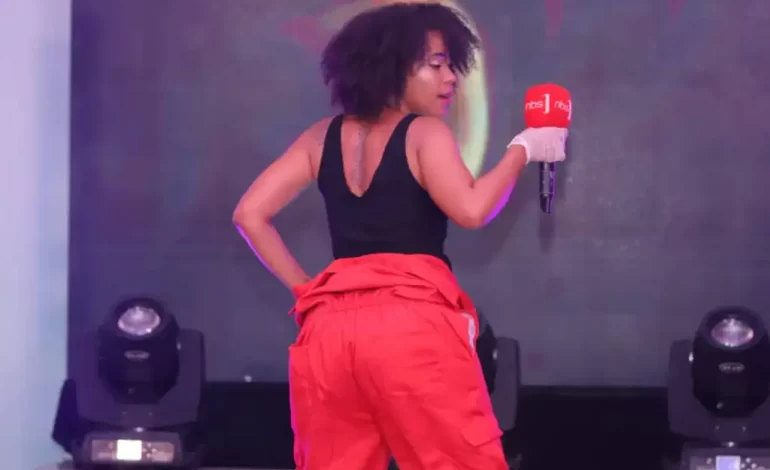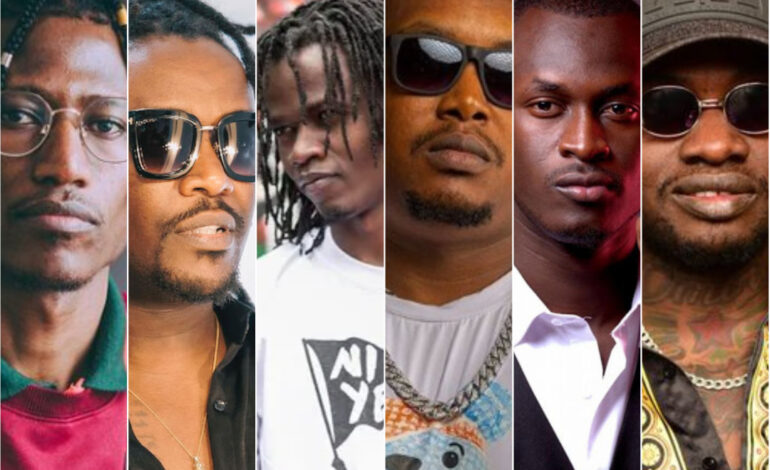In a country where we lack adequate resources to track the commercial success of the music we consume, we are forced to rely on the popularity of songs in clubs, raves, and large gatherings to measure what a hit song is. However, there has been an alteration in our music consumption dynamics—thanks to a pandemic-ridden 2020 that made Ugandan entertainers to be more creative. Locked in the comfort of our households with minimal physical interaction by that time, we explored new ways to stay sane and entertained. Cue video-sharing platform; TikTok, the leading platform that heralds our obsessive meme culture.
Uganda`s music industry is a complex market that is constantly changing as the years pass. One factor to its trends in recent years is the exponentially growing social media platform, TikTok.
TikTok has become a dominant leader in influence and consumption patterns of products and music in Uganda. According to our research as BFE Media, the platform has been downloaded over 12 million times in Uganda, while maintaining 800k frequent users Nationwide and those Ugandans overseas.
Our research continues to state that of 12 million users, 41% are between 16 and 24 years of age, which is the population who streams music the most. Additionally, the average daily number of watched videos surpasses 10 million.
This data supports the idea that TikTok is a reliable source for promotion and marketing, especially in Uganda`s music industry. The platform has been allowing artists to have increased control over their singles by simply uploading to Tiktok.
According to our research, “You are looking at an era where consumers listen to songs based on how viral it is on TikTok, [where] users discover songs they’ve never heard of.”
TikTok continues to show that it is an effective way of advertising as posts have the ability to go viral overnight, but now some Ugandan artists are being pressured to have a strong socal media presence in order to keep up with the app’s trends.
Away from Uganda still on the same matter, an article published by the New York Times, titled “The Viral Spiral,” discusses how viral music marketing functions through Tiktok. Due to the effectiveness of marketing via TikTok, some record labels now hold an expectation for artists to have a social media presence in order to have more chances at becoming viral, which has resulted in frustrations.
According to the New York Times article, “artists recently expressed…frustrations with labels forever chasing the next ‘Old Town Road’ or ‘Drivers License’ — singles that took off on TikTok and climbed the Billboard charts. ‘All record labels ask for are TikToks,’ FKA twigs wrote in a since-deleted post on the platform.”
The platform has music so deeply ingrained that some musicians make an effort to schedule meetings with TikTok’s music department to discuss promotional strategies. Some musicians may pay a couple micro-influencers a few hundred dollars in attempts to create more virality and traction with their music.
Not to mention the fact that TikTok has an internal music division that analyzes music-related data, led by Ole Obermann, a previous Warner Music digital chief.
Therefore, record labels’ actions of wanting artists to have a social media presence is justified money-wise, but whether or not it’s fair isn’t a part of this particular conversation thus Ugandan Artists should copy.
For example, John Legend last year 2022 created a #OpenVerseChallenge on TikTok, which makes one wonder whether the video was simply for fun, or whether John Legend is also jumping on the bandwagon of switching marketing tactics?
The next time you scroll through TikTok, pay attention to how many musicians you wouldn’t think would be present on the app promoting their music or attempting to start a trend.


